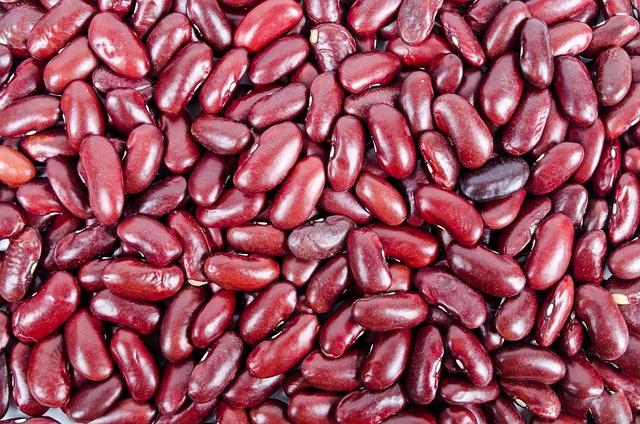Imagine coming home to the enthusiastic wag of a tail or the gentle purr of a feline friend, only to notice that something seems off. Our pets, with their boundless energy and unconditional love, often become cherished members of our families. Yet, they can’t voice their discomfort or explain their ailments in words. Kidney disease, a silent and often overlooked condition, can creep into their lives, causing subtle changes that might go unnoticed. Understanding the signs of kidney disease in pets is crucial for early detection and treatment, ensuring our furry companions continue to thrive by our side. In this article, we’ll explore the telltale signs that your pet’s kidneys might need a little extra care, empowering you to act swiftly and compassionately. Let’s dive into the world of pet health and discover how to keep those tails wagging and purrs resonating for years to come.
Recognizing Subtle Symptoms: Early Indicators in Your Furry Friends
As pet parents, it’s essential to be vigilant and recognize the subtle signs that might indicate your furry friend is developing kidney disease. Early detection can make a significant difference in managing the condition effectively. Here are some early indicators you should watch for:
- Increased Thirst and Urination: You might notice your pet drinking more water than usual and needing more frequent potty breaks.
- Weight Loss: Unexplained weight loss can be a silent signal that something isn’t quite right.
- Decreased Appetite: If your pet suddenly shows less interest in food, it could be a red flag.
- Lethargy: A normally energetic pet becoming more lethargic and less active can be concerning.
- Bad Breath: An ammonia-like odor on your pet’s breath can be an indicator of kidney issues.
Recognizing these subtle symptoms early can help you seek timely veterinary care, ensuring your beloved companion gets the best possible treatment and support.

Behavioral Changes: When Your Pets Habits Speak Volumes
Our pets often communicate their well-being through their behavior. When it comes to kidney disease, subtle shifts can reveal a lot. Keep an eye out for:
- Increased Thirst and Urination: Your furry friend may start drinking more water and needing more frequent bathroom breaks.
- Appetite Changes: A sudden lack of interest in food or, conversely, unusual cravings can be telling signs.
- Lethargy: Noticeable drops in energy levels or reluctance to engage in previously enjoyed activities can indicate discomfort.
- Weight Loss: Unexplained weight loss despite a regular diet is often a red flag.
Understanding these behavioral cues can be crucial in early detection and management of kidney disease, ensuring your pet receives the care they need.

Physical Manifestations: Spotting the Tangible Signs of Kidney Issues
Recognizing the physical manifestations of kidney disease in pets can be a vital step towards ensuring their health and well-being. When your furry friend starts exhibiting unusual behaviors or physical changes, it might be their way of signaling distress. Here are some key signs to watch out for:
- Weight Loss: A noticeable reduction in weight despite a regular diet can indicate that the kidneys are struggling to function properly.
- Increased Thirst and Urination: Pets may drink more water and urinate more frequently as their kidneys lose the ability to concentrate urine.
- Bad Breath: A foul odor, often described as “ammonia-like,” can emanate from your pet’s mouth due to toxin buildup.
- Vomiting and Diarrhea: Gastrointestinal issues can arise as the body attempts to cope with the excess waste products.
- Lethargy: A sudden drop in energy levels and a general sense of fatigue can be indicative of kidney trouble.
Keep an eye on these signs and consult your veterinarian promptly if you observe any of them. Early detection and treatment can make a significant difference in managing kidney disease in pets.

Proactive Care: Steps to Safeguard Your Pet’s Renal Health
Ensuring your pet’s kidneys remain healthy is paramount for their overall well-being. Here are some proactive steps you can take to safeguard their renal health:
- Regular Vet Check-ups: Schedule routine veterinary visits to catch any early signs of kidney issues. Early detection can make a significant difference.
- Hydration: Always provide fresh, clean water to encourage your pet to stay hydrated, as dehydration can strain the kidneys.
- Balanced Diet: Feed your pet a high-quality diet tailored to their specific needs. Consult your vet for recommendations on renal-friendly foods.
- Monitor Weight: Maintain a healthy weight for your pet. Obesity can increase the risk of kidney disease and other health problems.
- Avoid Toxins: Keep household chemicals, certain plants, and human medications out of reach, as they can be toxic to pets and damage their kidneys.































